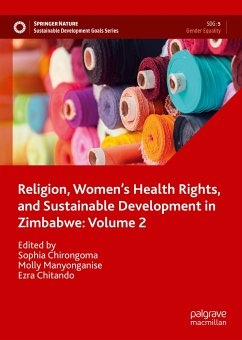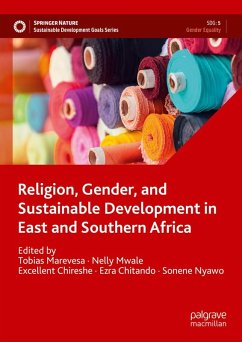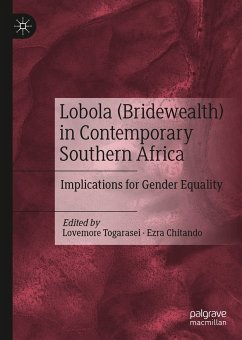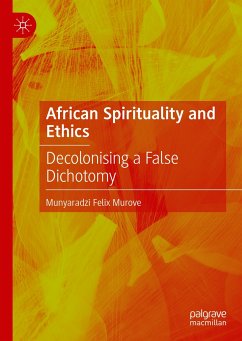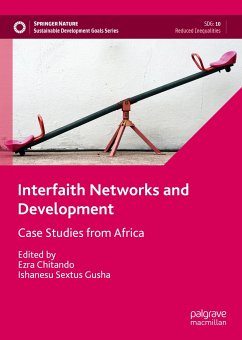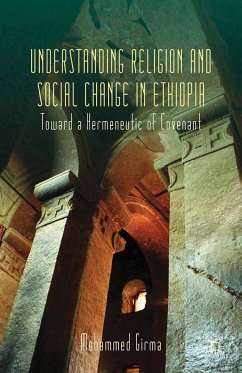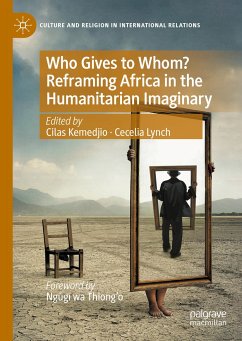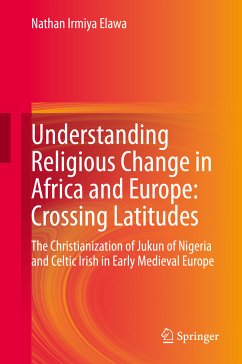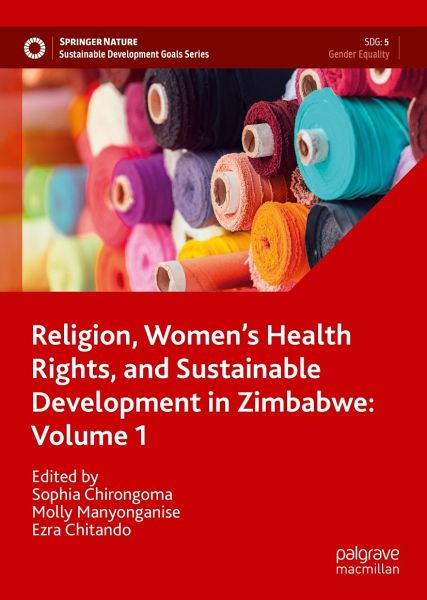
Religion, Women's Health Rights, and Sustainable Development in Zimbabwe: Volume 1 (eBook, PDF)
Versandkostenfrei!
Sofort per Download lieferbar
Statt: 171,19 €**
120,95 €
inkl. MwSt.
**Preis der gedruckten Ausgabe (Gebundenes Buch)
Alle Infos zum eBook verschenkenWeitere Ausgaben:

PAYBACK Punkte
60 °P sammeln!
This volume brings to the fore the interface of religion, women's sexual reproductive health and rights (SRHR), and the sustainable development goals (SDGs) in Zimbabwe. It emphasizes that empowering African women is a pivotal pillar for attaining sustainable development. Contributors discuss the need for implementing structural changes as a prerequisite for social progress and development to occur in Southern Africa. They interrogate the extent to which religious beliefs and practices either promote or impede women's SRHR. The contributors also proffer several ways in which addressing the the...
This volume brings to the fore the interface of religion, women's sexual reproductive health and rights (SRHR), and the sustainable development goals (SDGs) in Zimbabwe. It emphasizes that empowering African women is a pivotal pillar for attaining sustainable development. Contributors discuss the need for implementing structural changes as a prerequisite for social progress and development to occur in Southern Africa. They interrogate the extent to which religious beliefs and practices either promote or impede women's SRHR. The contributors also proffer several ways in which addressing the themes of health for all and equality for all women and girls can make a meaningful contribution towards the fulfillment of the goals set for Agenda 2030.
Dieser Download kann aus rechtlichen Gründen nur mit Rechnungsadresse in A, B, BG, CY, CZ, D, DK, EW, E, FIN, F, GR, HR, H, IRL, I, LT, L, LR, M, NL, PL, P, R, S, SLO, SK ausgeliefert werden.



